We go about living our lives with a yearning for meaning and purpose. We wonder if there is more to life than just chasing materialistic goals and professional milestones? What if I told you that there is indeed a way to bring meaning and joy to life? Yes.
It is called Ikigai.
Ikigai is the “Japanese secret for a long and happy life”. The word roughly translates to “the reason to jump out of bed each morning”, and a thing you could do for the rest of your life every day. Or like the French say: raison d’etre.
Authors Héctor García and Francesc Miralles attempt to demystify it in their book, Ikigai. The book has the likes of Oprah Winfrey and Marie Kondo praising it. The author duo also offers tools to help the readers make life more fulfilling, long, and meaningful. In their other book, Ichigo Ichie, the duo proffers the art of making the most of every moment, the Japanese way.
The two spent time with the residents of Okinawa Island, Japan, which boasts the highest life expectancy per capita. They brought back the secret for a happy, purposeful, and long life to be shared with the world in their books.
On a video call from Spain, Miralles offers tips on how to find one’s Ikigai, on living every moment, and the path you might want to chart for a happy life. He also doles out tips for authors. Exclusively on Truth Be Told, os.me
Author of Ikigai, Francesc Miralles, tells you how to find your Ikigai or purpose of life. tell a friendMedha Shri captures the essence and offers excerpts below:

Video Timeline
00:30 – 15:43 – About Ikigai and how to find it
20:09 —37:42 -About Ichigo Ichie and how to make it a way of life
37:45 – Tips for writers
Your books have become best sellers and are getting talked about around the world by the likes of Oprah Winfrey, Marie Kondo, et al. Did you expect this kind of success?
It was totally unexpected. In Okinawa (Japan), we thought the book would be for a very specific audience that loves every book about Japan, we didn’t expect it to be such a hit. We feel grateful and happy to have so many people interested in it. In the beginning, we thought it was more related to Japanese culture, but we have discovered something more universal. Many people feel the need to find their Ikigai.
What is Ikigai?
Many Indians know already, Ikigai means the purpose of life… It is the reason to wake up every day and the wish to live one day more. Simply, the life purpose or mission.
So then, is Ikigai the purpose of life?
It’s the purpose of life, meaning of life, the reason to live. In Okinawa, we discovered that one of the reasons for these centenarians (there were those who were 108) is that they have a purpose, they have a ‘why’… This ‘why’ is at the center of our life. It is very useful in times of difficulty, hardships, [depression], because when you are going through dark times, you still have a reason to live, and then, you can overcome any difficulty.
Is this slow pace of life, induced by this pandemic, an easier time to find our Ikigai?
Yes, it is easier now than in comfortable times, because life in comfortable times is driven by agenda, there is no time one’s calendar… We would have an agenda to compromise or adjust maybe for jobs, for friends, or to complete a task. People also had no time. Now, because of the pandemic, many people have rethought their life and priorities.
They have figured that ‘I don’t want to do this for the rest of my life’. Like in Spain, people are saying they don’t want to stay in cities. So they are shifting to villages, going closer to nature, choosing houses which have gardens.
In five-eight months, there will be a lot of changes in this direction because we would have had time to think about our priorities and life, to think about our Ikigai.
How do we find our Ikigai?
The best thing is to buy the book, because it is not something that I can tell you in two minutes. What you love more than anything else, is your Ikigai. We might have many interests, hobbies, talents and different energies dedicated to different things. Decide what thing comes first. What’s the most important thing to you…
Secondly, see where we are more useful to society. Everyone is born for a mission, it could be for doing artistic work, talking to people… See where can you be more useful to society. Then ask what life is demanding from us, what we wish for and what we need.
What you love more than anything else, is your Ikigai. We might have many interests, hobbies, talents and different energies dedicated to different things. Decide what's the most important to you, says Francesc Miralles, author of Ikigai. tell a friendHow would we know we have found our Ikigai?
There are many signs. The easiest one to recognise is the flow. Let’s say your Ikigai is to play the piano. You sit on the piano, and you put your fingers on the keys, and you will flow with this activity. Time, space and problems disappear, the past and the future disappears, it’s only you and the piano now. When we are living our Ikigai, it doesn’t feel like an effort, our action flows naturally from us, we lose the sense of time, we feel one with the activity.
Have you found your Ikigai?
My Ikigai has changed with time. When I was young, my Ikigai was to travel. I spent 10 years of my life working at a café. When I had a little money, I travelled on trains, explored Europe, Asia and the world.
And then, my Ikigai was teaching, for three-five years. I had a lot of passion for it. Then my Ikigai was to be a publisher. I worked as a publisher for three to five years. Afterwards, it was to be a writer.
I would say that at this moment in life, my Ikigai is to help people find their Ikigai.
So you are saying, we can have more than one Ikigai, and it can even change over time as we grow in life and experiences?
Yes. When life changes, Ikigai changes. When you move to a different flat or with a person or city or company, it changes. Ikigai is totally related to your circumstances and your way of life. So it is normal for anyone to have more than one Ikigai in life and it can change. Philosopher Rudolf Steiner said, our life changes every seven years.
Also, concepts like mindfulness, life purpose, yoga and the other things that you write about are very Indian at their core. Why haven’t you written a book about Indian spirituality yet?
Indian spirituality is so vast that if you are being respectful as an author, you need to study much more… I have read a lot of Indian philosophers and spirituality. When I was young, I read a lot of Jiddu Krishnamurti. I love Ramana Maharshi. I love the old masters, of course… The inspirations of Buddha and many others.
I think to write about Indian spirituality properly, I should read the sacred writings and study much more than I know now. India is the cradle of spirituality in the rest of the world. Indian wisdom has influenced the whole world… Zen maybe popular in Japan and China, but it has come from India. Now a days, in the United States they call it mindfulness, it has come from many different religions of India. If you want to write about it, you need your whole life to do it.
India is the cradle of spirituality in the rest of the world. Indian wisdom has influenced the whole world… Zen maybe popular in Japan and China, but it has come from India, says Francesc Miralles, author of Ikigai tell a friendYour book Ichigo Ichie is about living every moment mindfully. What is Ichigo Ichie?
Ichigo Ichie is one of the Japanese expressions like Ikigai that doesn’t have an exact translation. Ikigai is composed of two words: ‘iki’, which means life, and ‘gai’, which means worth doing it. So Ikigai would mean a life worth being lived.
Ichigo Ichie is an expression we find in traditional tea houses in Japan which means ‘one time, one opportunity’, but the expression is: What we are going to live here, won’t be repeated. The moment will not come back. So if we are totally here in this moment, we will create beautiful memories for the future.
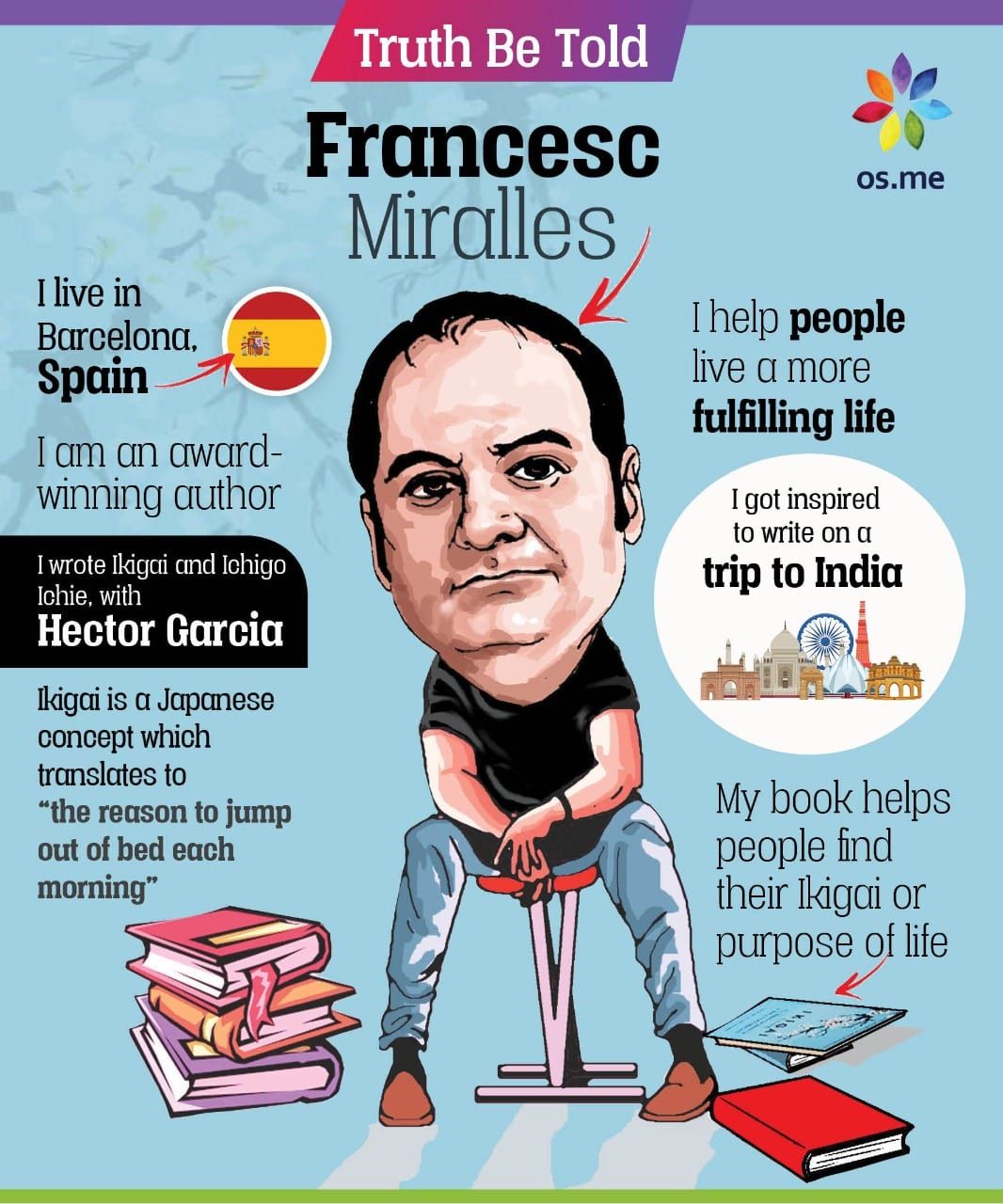
Ichigo Ichie is not the same as carpe diem, isn’t it?
No. Carpe diem is like saying, we are going to die, we can do anything, we can get drunk, we can eat as much as we want… So the mindset of carpe diem is do everything today because you are going to die tomorrow. It is not necessarily a balanced approach to living. Ichigo Ichie is something more spiritual. It’s a call to be aware that we are living here, and if we lose this moment, this opportunity, we will lose it forever, and we can’t have another moment like this. So be mindful when meeting other people or meeting yourself.
Could you give us some tips on living mindfully or in the moment?
Avoid multitasking for an Ichigo Ichie experience. The problem is that we want to do too many things at the same time. You go on to the street, you are answering your messenger or WhatsApp. You don’t see the other person, you don’t see the sky, you don’t see what’s happening around you. And when we are meeting someone, it’s very easy that our attention goes to our cellphone. It affects our attention and awareness.
A surefire way to bring Ichigo Ichie to our experience is to do only one thing at a time with all out heart.
In a modern world full of gadgets and notifications, how do we avoid distractions?
Don’t let the devices control you, control devices. Have discipline. Have a schedule. The masters of creativity recommend that when you wake up in the morning, you don’t run to the e-mail, because when you involve yourself in things that you can do later, you are losing your best energy in things that can wait. In the first few hours, do what is the most important. And don’t forget to close down the devices or put it aside and enjoy real life.
Meditation is one of the things you recommend. Do you meditate?
I am a big meditator. I don’t do traditional meditation so much, I am a nervous person. I have done retreats, et cetera. But whatever I do, I do with complete mindfulness. So even if I am playing my piano for an hour, it’s an hour of meditation because I am fully aware and present. Also, I do what Japanese say Green Bath (Forest Bathing in English).
Since we are also a platform for writers. We would ask the best-selling author for some writing advice. Could you give us some tips?
- Write about things you love, things you will love to read
- Before you start to write, be well-informed about your subject, the place, topic. In short, do your research about what you plan to write about
- You don’t know who will read it, how many people will read it. The result doesn’t belong to you. So have fun and just focus on writing, leave the rest in the hands of the universe
- Stephen King said, if you want to be a writer: read a lot and write a lot
- Sometimes when we give courses to people, some say I am not reading because I don’t want to be influenced. To them, we say, if you are reading Shakespeare and you get influenced, thank God for it
- Do it because you love it and become the best at it
- In the words of Henry David Thoreau, before sitting down to write, you must stand up to live
To listen to the full conversation, watch the interview above. Don’t forget to subscribe to our YouTube channel.
Ichigo Ichie is a Japanese expression which means 'one time, one opportunity', but the expression is: What we are going to live here, won’t be repeated. The moment will not come back. So if we are totally here in this moment, we will… tell a friend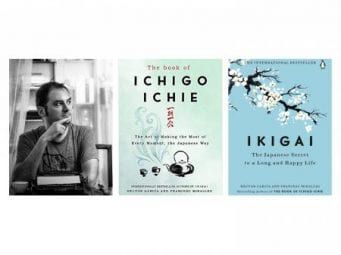
#TruthBeTold #osdotme #Ikigai #IchigoIchie #FrancescMiralles #HectorGarcia
About Truth Be Told
Truth be Told (TBT) is a unique series by os.me that features wonderful people who make this world a better place with their talent, contribution and work. We get you up, close and personal with achievers from around the world, hoping that their truthful personal narratives inspire you to be better, kinder and more truthful in every sphere of life. Check out some of our past episodes on our YouTube Channel.

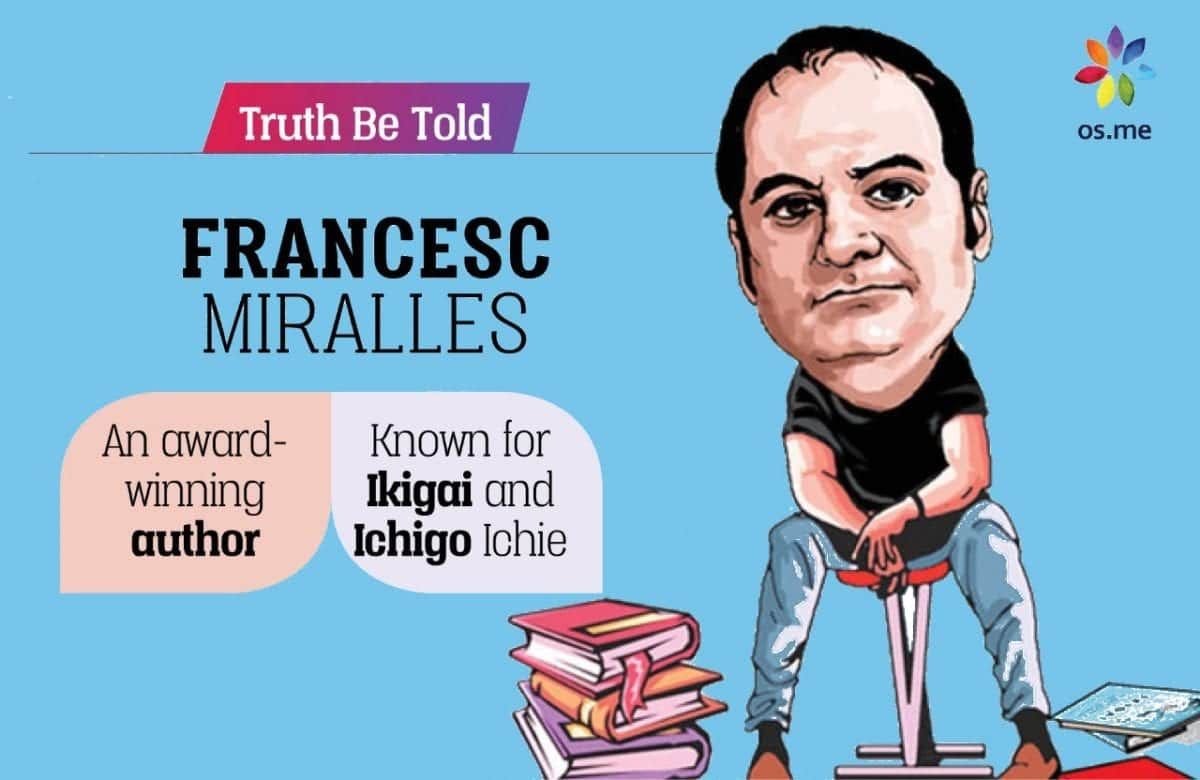
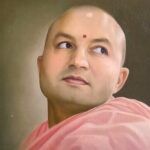
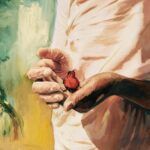



Comments & Discussion
64 COMMENTS
Please login to read members' comments and participate in the discussion.